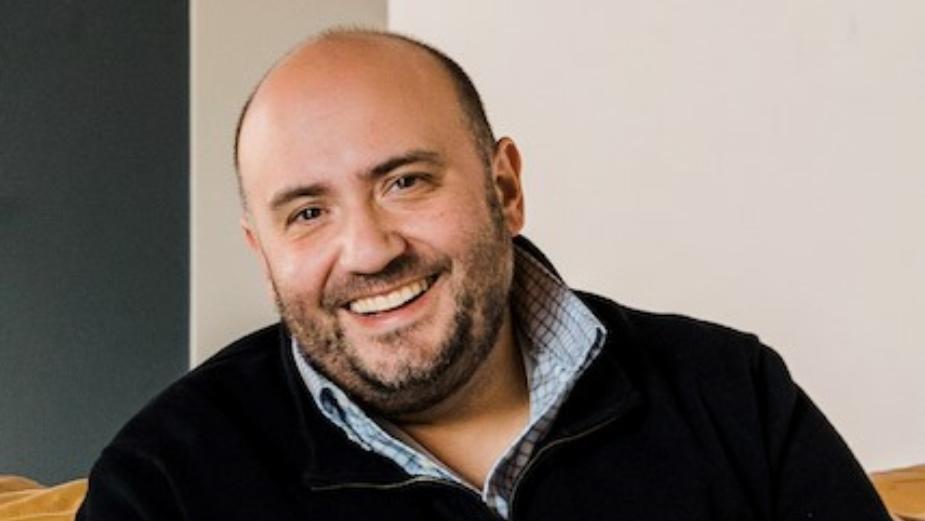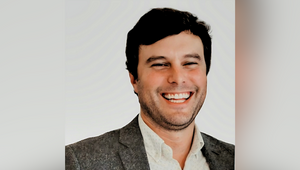
How Success Can Mask Failure and How to Avoid It

Daniel Weisinger is founder and president of UNFOLD and an owner of agency holding Company Conspiracy Theory, which operates hubs in Los Angeles, New York and Jakarta, Indonesia.
If your agency was in the CPG space when covid hit, your clients probably cut their marketing spend because of supply-chain disruptions, and the few items left on the shelf could sell themselves.
As a result, agency layoffs were commonplace.
Not so in entertainment, which did exceptionally well during the pandemic because people were captively at home consuming goods while watching TV. Nonetheless, we lost two big clients—a streaming platform and a major film studio—simply because we were awash in new business opportunities and had lost sight of our most basic business fundamentals: Deliver value and don’t take clients for granted.
Our mistakes ranged from less-than-diligent hiring practices to unfocused oversight of our team and processes, which allowed for mistakes to be swept under the rug unnoticed.
This became clear during a recent road trip with my business partner in which we sat next to each other for 3,000 miles and talked to each other the whole time. The realisation set in that we were inadvertently transforming into the type of company we had set out to differentiate ourselves from.
One of the missteps we initially made was putting too much emphasis on résumés with impressive pedigrees and not enough on the very human instincts that had fueled our rise over the last decade.
Another crucial misstep was overlooking the importance of brutally honest reflection in our everyday operations. With our success came multiple levels of management and, consequently, an uncomfortable distance between us and the people doing the daily work. This ultimately made it increasingly difficult to spot said problems and course correct. The latter was exemplified by our agency being fired from a high-profile movie launch because we bungled a basic task—the social launch of a mere single image on Entertainment Weekly.
I can deal with mistakes, and I love people who can deliver bad news to me without spin. It’s the overly agreeable folks, who rarely take fault and are often willing to say anything to end meetings, who are the true problem. In hindsight, we realised the team we tasked to lead that project wasn’t fully capable of taking ownership, even when it was clear that we as a company had made mistakes and had ceased to be accountable.
Here are three takeaways from our missteps:
- Clients value talent, but they pay for reliability. Catching + flagging issues before a client notices bestows you as credible and strengthens relationships.
- Hiding mistakes is sometimes easier but is the exact wrong move when laying a foundation. More than ever, we need to hire employees who possess similar work ethics and subscribe to a relentless belief in customer service.
- Trust your instincts, not résumés or pedigree.
On the positive side, since reviewing and revamping our operations, we have regained the accounts of the streaming-video service and the film studio.
Quite honestly, I’m thankful to have the structural problems within the company unmasked. It exposed the very issues we had promised ourselves we wouldn’t let happen.












